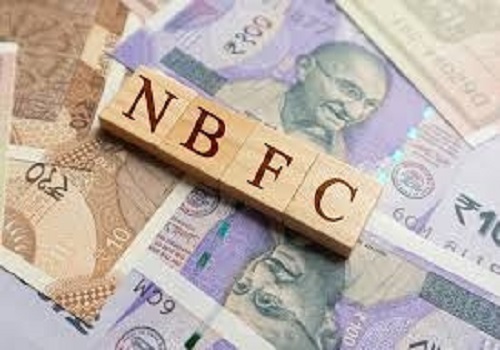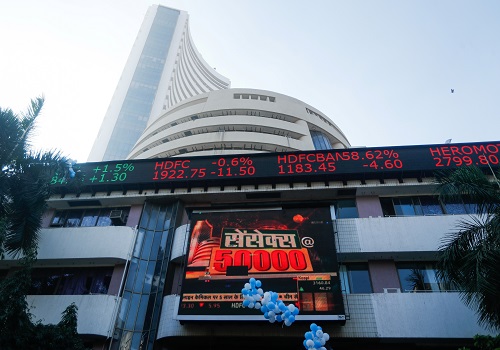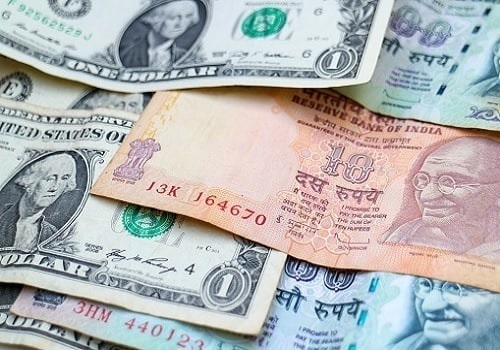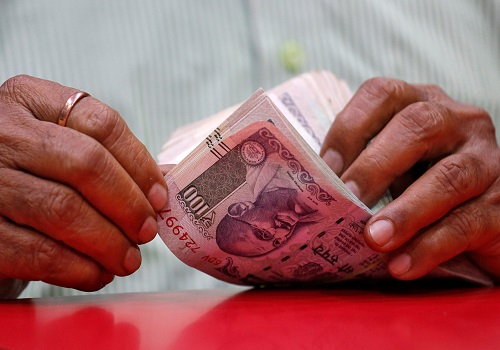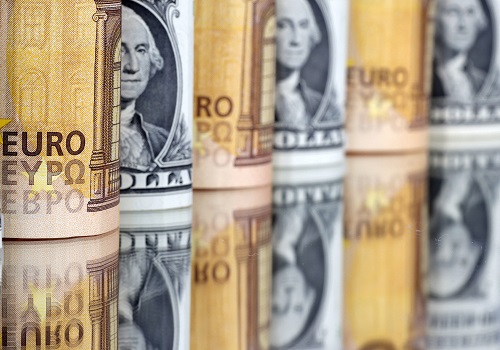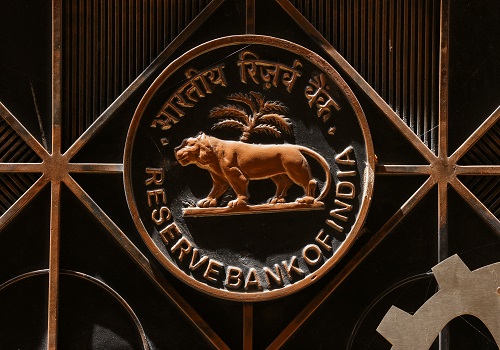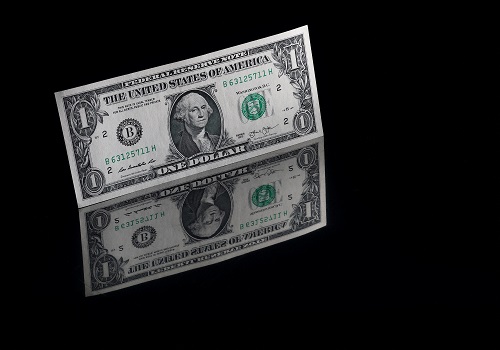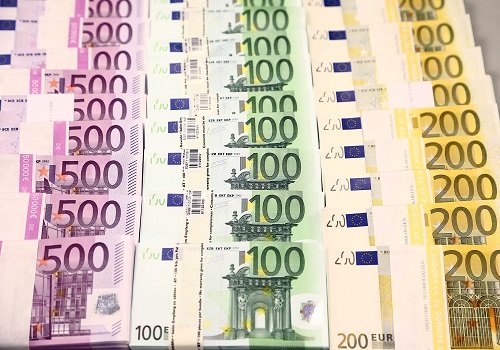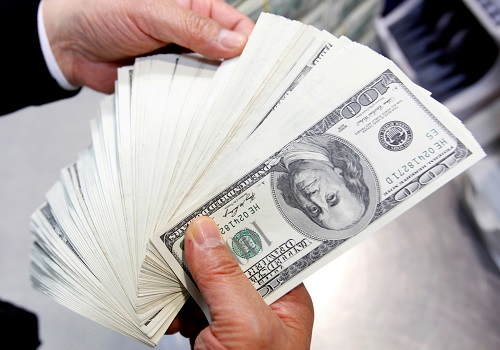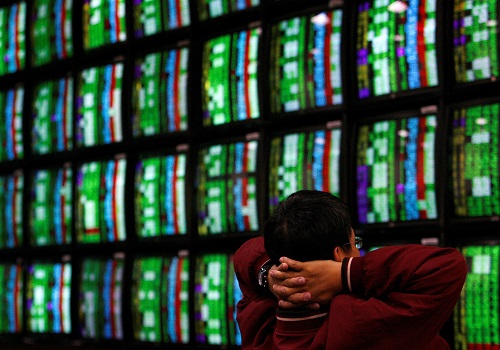Bonds take a fresh beating, yen slides to lowest since 2015
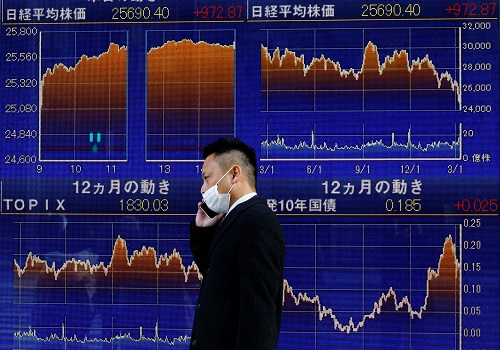
Follow us Now on Telegram ! Get daily 10 - 12 important updates on Business, Finance and Investment. Join our Telegram Channel
https://t.me/InvestmentGuruIndiacom
Download Telegram App before Joining the Channel
LONDON - Mounting fears over rising inflation and interest rates sent U.S. and European bond yields to new highs on Monday, while the yen was set for its biggest daily fall since 2020 as Japan's central bank stood in the way of higher yields.
World stocks were largely flat, holding their ground in the face of another brutal selloff in major bond markets.
Ten-year U.S. Treasury yields pushed decisively above the 2.5%-marker for the first time since 2019, Dutch and Belgian two-year bond yields turned positive for the first time since 2014 and even Japanese yields defied central bank intervention to hit fresh six-year highs.
As the Bank of Japan reinforced its super-loose monetary policy by offering to buy as many bonds as needed to keep 10-year yields under 0.25%, the yen weakened more than 1.5% against the dollar.
Japan should intervene in the currency market or raise rates to defend the yen if it weakens beyond 130 to the dollar, the country's former top currency diplomat Eisuke Sakakibara said.
A lockdown in China's financial hub of Shanghai to contain surging COVID-19 cases meanwhile weighed on Chinese shares. Oil prices also fell as investors anticipated weaker demand from the world's second biggest economy.
Brent crude fell $4.82 to $115.83, while U.S. crude tumbled $5.04 or over 4% to $108.83. [O/R]
Weaker energy prices helped lift European stock markets, although Japan's Nikkei lost 0.7%, and U.S. stock futures were mixed <NQc1>.
MSCI's world stock index was flat,, resilient in the face of a radically more hawkish Federal Reserve and surging bond yields.
Risk sentiment was helped by hopes of progress in Russian-Ukranian peace talks due in Turkey this week after President Volodymyr Zelenskiy said Ukraine was prepared to discuss adopting a neutral status as part of a deal.{nL2N2VU0EH]
"Sentiment has been surprisingly resilient in stock markets, which are buying positive headlines from the war in Ukraine," said Jan von Gerich, chief analyst at Nordea.
"The repricing that continues at the short end of the U.S. yield curve is taking place really fast and without any consequences for Wall Street at the moment."
Citi last week forecast 275 basis points of Federal Reserve tightening this year including half-point increases in May, June, July and September.
YIELD SURGE
Expectations that the Fed could push harder and faster to tame inflation drove two-year Treasury yields to their highest levels since early 2019 at 2.41%.
Ten-year yields also rose to new highs above 2.5%. And one measure of the U.S. bond yield curve - the gap between five and 30-year Treasury yields -- inverted for the first time since 2006 in a sign concerns over growth are growing <US5US30=TWEB>.
"My feeling is the long end of the curve indicates slower growth ahead (rather than recession)," said Mizuho senior economist Colin Asher.
Francois Savary, chief investment officer at Swiss wealth management firm Prime Partners, said portfolio rebalancing ahead of quarter-end helped explained strength in equities in the face of surging bond yields.
"A day of reckoning is coming because at the start of April you have earnings season and you will get a sense of the impact of rising energy prices and guidance for the future," he said
"I would not bet on the rally continuing in a straight line," Savary added.
Euro zone bonds continued their move into positive-yield territory, while money market pricing suggested investors were now anticipating 60 bps worth of rate hikes from the European Central Bank by year-end compared with 50 bps last week.
British 10-year bond yields hit their highest levels in six years, Swiss 10-year yields and Australian three-year bond yields rose to their highest levels since 2014 <AU3YT=RR>.
Japan's 10-year bond rose to a fresh six-year high of 0.25%, reaching the upper limit of the BOJ's policy band even after the central bank stepped into the market in efforts to rein it in.
That saw the dollar rise to its highest since August 2015 at 125.10 yen, a gain of almost 8% for the month. The euro has lost about 2.3% on the dollar in the same period, but at $1.0979 was above the recent two-year trough of $1.0804.
In commodity markets, gold softened to $1,931 an ounce, down about 1.35%. [GOL/]

